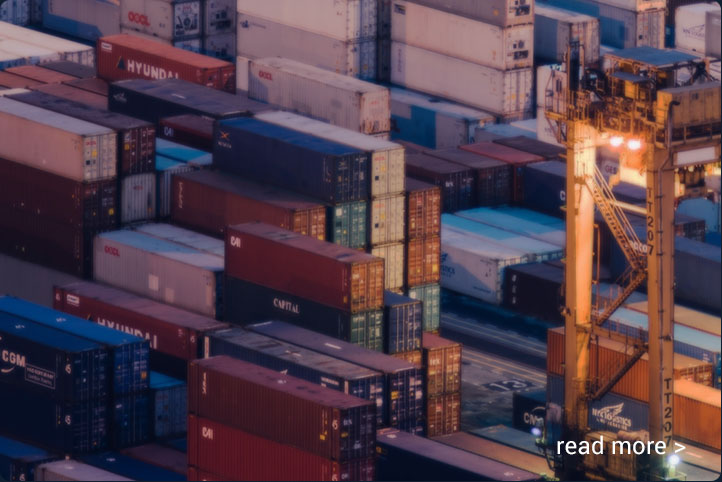ZSCALER ZERO TRUST CITIZEN ACCESS: THE KEY TO STRONGER PUBLIC-FACING CYBERSECURITY AND BETTER CITIZEN SERVICE DELIVERY
Digital, cloud-based services for government agencies have gradually increased over the last decade—accelerated by necessity during the COVID-19 pandemic.
Citizens can now renew their car registration without waiting in long lines, in person at the Department of Motor Vehicles (DMV). People called to jury duty can respond to their summons online.
This change meets high citizen expectations for improved service and streamlines sometimes-cumbersome processes, but it also has introduced greater vulnerability to cyberthreats through citizen-facing agency portals on cloud networks.
THE PUBLIC SECTOR’S TOP CYBERSECURITY CHALLENGES

Public and private sectors face many similar roadblocks to better cybersecurity, including a cybersecurity skills shortage, the sheer volume and increasing sophistication of attacks, the rise of double extortion, and the complexity of legacy IT infrastructures.
Government entities face additional challenges, which can include:
- Budgetary constraints
- Outdated software that can no longer be patched
- Behind-schedule software and IT infrastructure upgrades
- Lack of comprehensive cybersecurity strategy and oversight
- Highly visible and exploitable firewalls, virtual private networks (VPNs), and private apps
ZERO TRUST: SECURITY BEYOND VIRTUAL PRIVATE NETWORKS
Legacy security architectures, including firewalls, VPNs, and portals requiring single passwords, don’t effectively secure cloud-based government apps—which are growing in number as agencies seek to deliver convenient online access to services such as paying taxes, renewing licenses, or accessing retirement benefits.
Unfortunately, this seamless connectivity may take place on public-facing web portals and applications that are outdated or unpatched, or through legacy web services without more robust, built-in modern security measures in place. This presents vulnerable attack surfaces that bad actors can exploit with malware, ransomware, and distributed denial-of-service (DDoS) attacks.
A zero trust cybersecurity framework requires authentication and authorization for every access request and continual verification of every application user while they have access. This strategy assumes threat and denies access unless identity credential requirements are met, Including multifactor authentication (MFA). Zero trust also limits network access so users can only access the applications and resources they require during a specific login session.
Even with MFA in place, however, the grave risk of outdated, unpatched applications and portals persists. If users can see and access your web-based applications, they are also visible to bad actors with increasingly sophisticated strategies on hand to compromise your network, services, and data.
“There’s been a proliferation of online government services and citizen access to these services from all types of devices and locations, putting new pressures on traditional cybersecurity architectures.”
– Ian Milligan-Pate, Regional Vice President of Public Sector, Zscaler
ZERO TRUST CITIZEN ACCESS: MAKING CLOUD-BASED APPLICATIONS INVISIBLE TO BAD ACTORS
With Zscaler Zero Trust Citizen Access, citizens can only access applications through App Connectors on the Zscaler cloud. These connectors sit between applications and the public internet, so citizens can access government sites while formerly exposed attack surfaces (apps, web servers, and firewalls) remain hidden and undiscoverable to cyber attackers.
Citizen Access is a new offering within Zscaler Private Access (ZPA), which is designed to provide seamless, secure user access to government applications that protect your data even when they’re accessed through legacy portals. With ZPA’s integrated Browser Access solution, government agencies can minimize IT complexity and even replace legacy security technologies and services, including:
- Remote access services
- Secure socket layer virtual private networks (SSL VPNs)
- External firewalls and intrusion prevention (IPS) systems
- Dedicated internet and wide-area network (WAN) circuits
Government agencies can quickly access this cloud-based cybersecurity layer for infrastructure modernization that strengthens their data protection and improves citizen experiences. Agencies can also deliver services with greater agility and confidence that these digital citizen connections are seamless and secure.
“Zero Trust Citizen Access allows state and local governments to deliver mission-critical services using a zero trust security approach. Citizens get secure and seamless access to services, while government assets are protected from bad actors and cyberthreats in cloud and on-premise data center environments.”
– Ian Milligan-Pate, Regional Vice President of Public Sector, Zscaler
YOUR EXPERT GUIDES TO ZERO TRUST CITIZEN ACCESS
The experienced engineers of Zscaler’s partner CyberNorth help government organizations connect to the innovation, robust security, and simplicity of Zero Trust Citizen Access. Discover how they can support you throughout your cybersecurity transformation so you can meet customer demand and federal requirements for seamless, secure access to cloud-based government services.






